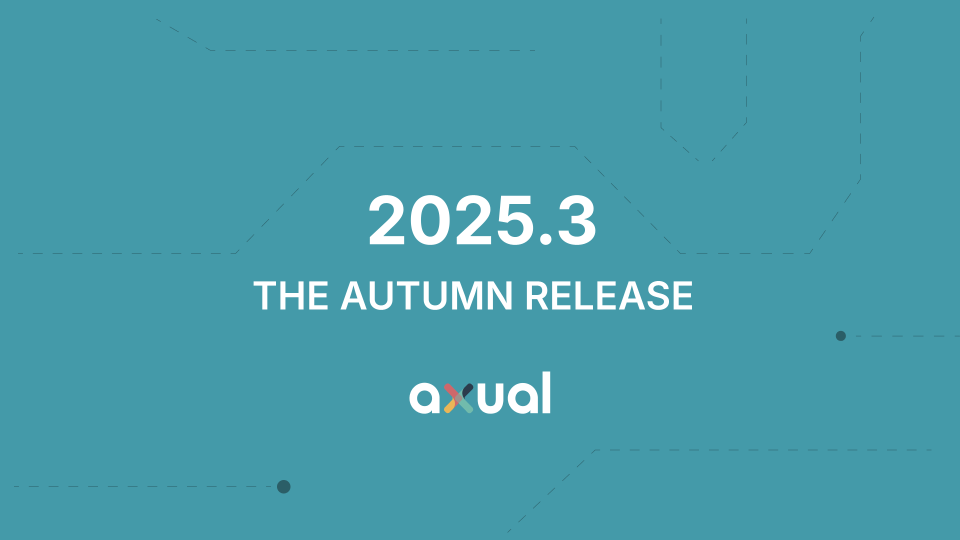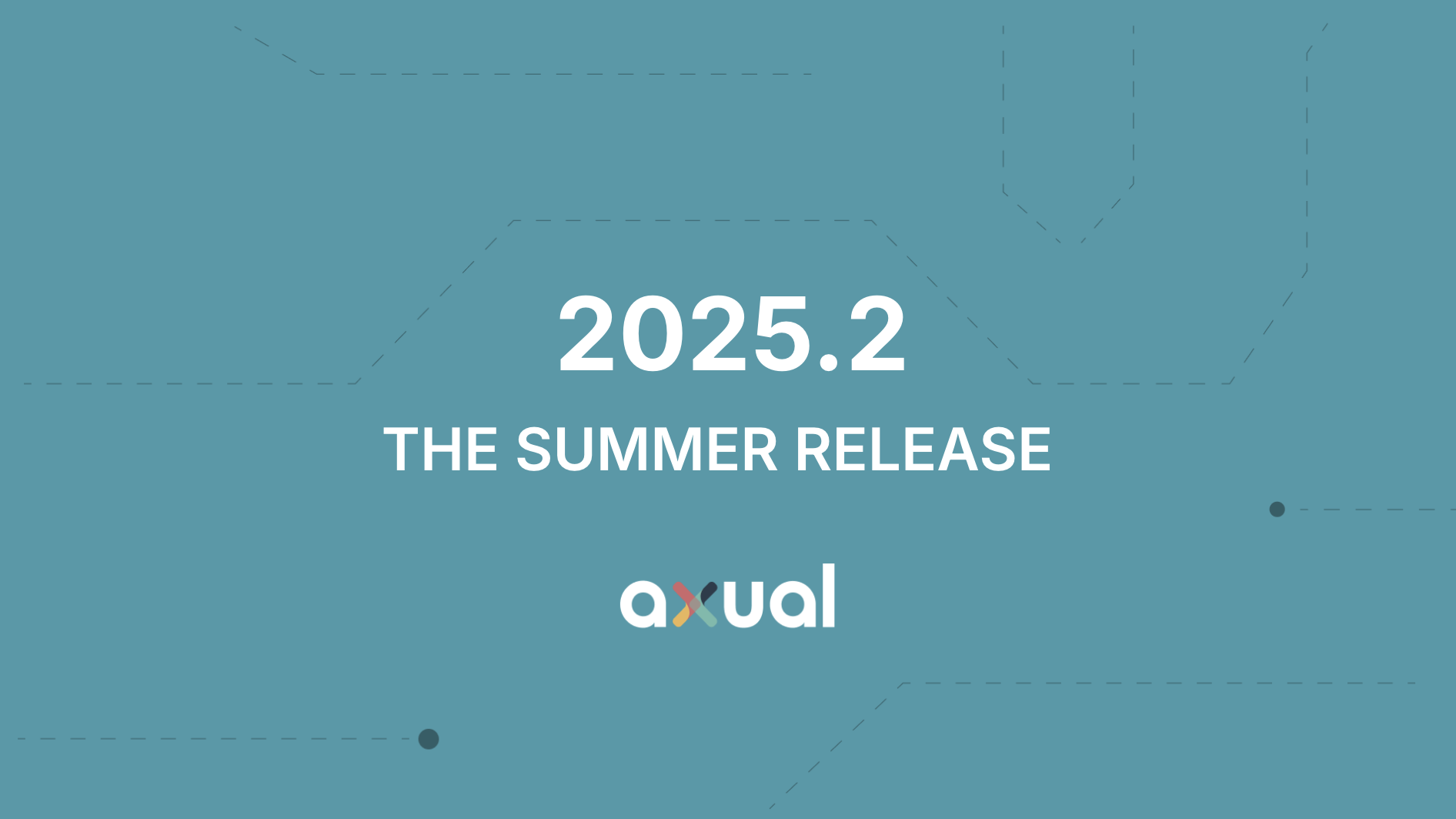Exploring different event streaming systems - how to choose the right one
Event streaming systems are essential for businesses that process real-time data to drive decision-making, enhance agility, and gain deeper insights. However, with numerous options available, selecting the right event streaming platform can be overwhelming.

On this page
Event streaming systems have become the backbone of event-driven architecture. They allow businesses to process and act on data as it flows, unlocking new opportunities for agility and insight.
But with so many options available, how do you choose the right system for event streaming? Let’s dive into some of the most popular event streaming systems and highlight their key differences.
What is an event streaming system?
At its core, an event streaming system enables the continuous capture, storage, and processing of data as it happens. Whether monitoring transactions, analyzing IoT device readings, or integrating applications, these systems support real-time data flows critical for modern enterprises.
Key players across the event streaming landscape
Here’s a high-level overview of some leading event streaming systems:
Apache Kafka
Kafka is often considered the gold standard for event streaming. It’s open-source, highly scalable, and designed to handle massive volumes of data. Kafka’s strengths lie in its ecosystem, which includes tools like Kafka Connect for integration and support for event-driven architecture. While it requires careful management, its flexibility makes it a favorite among enterprises.
Apache Pulsar
Pulsar is another open-source event streaming platform that’s gaining traction. It offers features like multi-tenancy and geo-replication out of the box, making it ideal for complex use cases. Compared to Kafka, Pulsar is praised for its simplified architecture for certain scenarios, but it’s less mature in terms of ecosystem and community support.
Axual
Axual provides an enterprise-grade event streaming platform focusing on usability and operational simplicity. Unlike open-source solutions that require significant setup, Axual offers managed services tailored for enterprises in regulated environments without a vendor lock-in. It integrates seamlessly with Kafka Connect and provides robust support for event-driven architecture. Its governance and self-service capabilities make it a unique offering for enterprises.
Confluent
Built on Kafka, Confluent adds features like schema registry, connectors, and a fully managed Kafka cloud offering. It’s ideal for organizations looking for the power of Kafka with reduced operational complexity. Confluent’s tooling makes it a good choice for businesses prioritizing developer productivity.
Amazon MSK (Managed Streaming for Apache Kafka)
Amazon’s MSK is a managed Kafka service designed to simplify the deployment and scaling of Kafka clusters. It’s perfect for AWS users who want the capabilities of Kafka without the hassle of maintaining infrastructure. While it’s convenient, it may lack some of the advanced features offered by Confluent and Axual.
Microsoft Azure Event Hubs
Event Hubs is Azure’s fully managed event streaming platform. It’s designed for real-time data ingestion and supports Kafka protocol, making it compatible with existing Kafka applications. Event Hubs shines for users already invested in the Azure ecosystem, but it’s less flexible than other options if you need advanced Kafka features. Good to be aware of - Event Hubs is better suited for smaller, single use cases. As soon as you need to onboard more use cases on the platform and more teams that need to collaborate through the system, you will struggle with topics such as governance, catalog management and having an overview of what is running where.
Key differences at a glance
- Open-source vs. managed services: Kafka and Pulsar are open-source platforms, offering full control but requiring more effort to manage. Axual, Confluent, MSK, and Event Hubs provide managed options, reducing operational overhead.
- Ecosystem and tools: Kafka and Confluent boast rich ecosystems, including Kafka Connect for easy integration. Pulsar is catching up but still lags in tooling. Axual focuses on simplicity, team collaboration and enterprise needs.
- Cloud-native support: Confluent and Axual offer dedicated Kafka cloud solutions, while MSK and Event Hubs are tightly integrated with their respective cloud platforms.
- Enterprise features: Confluent offers great features like schema registry and advanced connectors. Axual stands out for regulated industries that care about data ownership, and Pulsar’s multi-tenancy is a unique advantage.
Choosing the right event streaming system
Imagine your team sitting down to map out your company’s future with real-time data. The discussion begins with ecosystem integration. If robust connectors and tools like Kafka Connect are on your wishlist, the team agrees that Kafka, Axual and Confluent stand out as strong contenders. These platforms offer rich ecosystems that make integrating with existing systems a breeze.
Next, someone raises the question of ease of use. Your team lacks the resources for managing complex infrastructure, so managed solutions like Axual, Confluent, MSK, and Event Hubs come into focus. The group leans toward solutions that simplify operations, allowing your developers to focus on innovation rather than maintenance.
Then the topic of regulatory compliance comes up. For industries like yours, where regulations dictate strict data handling protocols, Axual’s tailored approach grabs everyone’s attention. Its focus on usability and compliance feels like the right fit.
Finally, cloud dependency becomes the hot topic. Your organization may already use AWS or Azure, but Axual’s Kafka-compatible solution proves to be a better fit for multi-team collaborations and complex workflows. Unlike MSK and Event Hubs, which excel in smaller, isolated scenarios, Axual supports a wider range of use cases, ensuring that teams across the business can collaborate effectively within a single system.
By the end of the discussion, your team realizes that choosing the right system isn’t just about features; it’s about aligning the solution with your specific needs and goals. The decision might not be easy, but armed with these insights, you’re one step closer to finding the perfect fit for your business.
Wrapping it up
Event streaming systems are the cornerstone of modern, event-driven architecture, enabling organizations to harness the power of real-time data. Whether you prioritize scalability, ease of use, or regulatory compliance, there’s an option that fits your needs. Understanding the key differences among these systems will help you make an informed choice that drives your business forward.
Still have questions? Or would you like to discuss your specific use case? Let’s chat! We’d love to help you navigate the world of event streaming and find the best fit for your organization.
Answers to your questions about Axual’s All-in-one Kafka Platform
Are you curious about our All-in-one Kafka platform? Dive into our FAQs
for all the details you need, and find the answers to your burning questions.
Related blogs

Axual 2025.4, the Winter Release, expands on the governance and self-service foundations of 2025.3 with improved KSML monitoring and state management, an enhanced Schema Catalog, and usability improvements across Self-Service and the platform.

Axual 2025.3 release introduces KSML 1.1 integration for automated stream processing deployment, group-based resource filtering for multi-team governance, and experimental MCP Server for AI-driven platform operations. Includes JSON schema support, Protobuf processing (beta), and enhanced audit tracking for enterprise Kafka implementations.

The Axual 2025.2 summer release delivers targeted improvements for enterprise-grade Kafka deployments. In this post, we walk through the latest updates—from enhanced audit tracking and OAuth support in the REST Proxy to smarter stream processing controls in KSML. These features are designed to solve the real-world governance, security, and operational challenges enterprises face when scaling Kafka across teams and systems.
